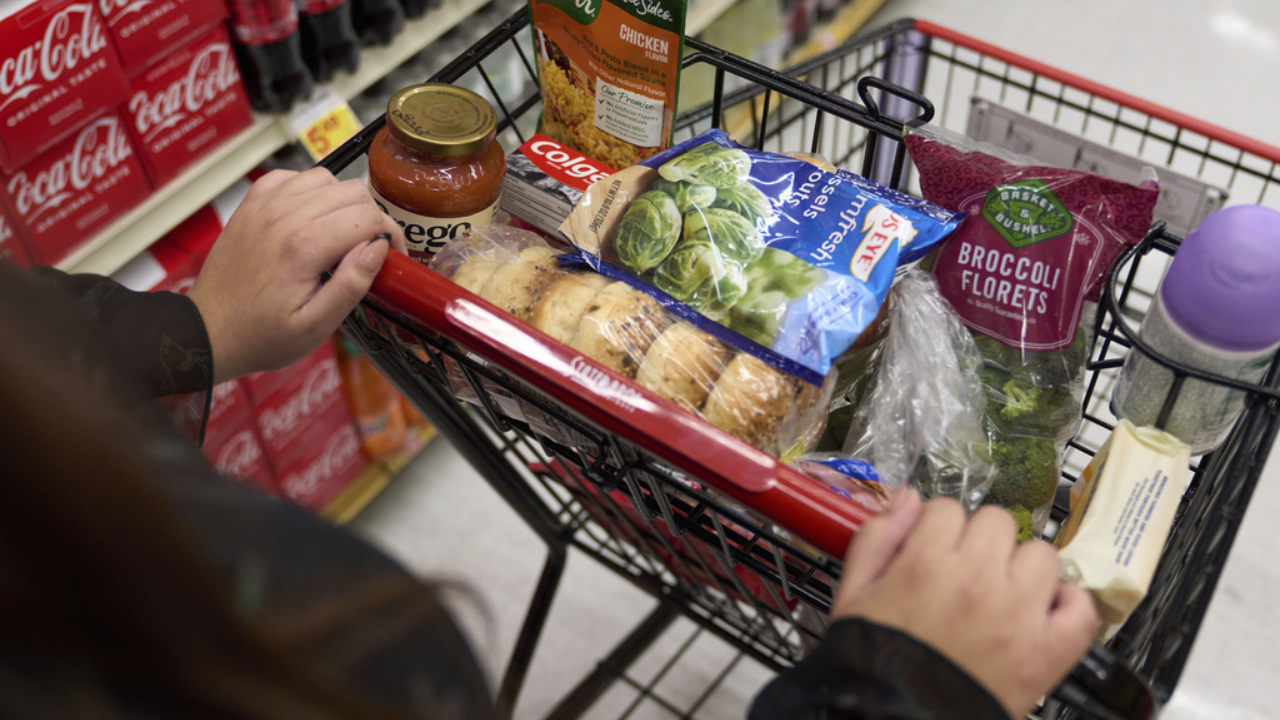A new bill passed by the U.S. House could cut food assistance for thousands of rural families in Wisconsin. Nicknamed the “One Big Beautiful Bill Act,” the proposal targets major changes to SNAP (Supplemental Nutrition Assistance Program), potentially removing support from some of the state’s most vulnerable residents.
Nearly 700,000 people in Wisconsin rely on SNAP, according to the Wisconsin Department of Health Services (DHS). Many of them live in rural counties, where food options are limited and local food banks are already under strain.
If the bill becomes law, states like Wisconsin would have to shoulder more costs and enforce stricter rules. Critics say this could force families to go hungry.
New Costs for Wisconsin
Wisconsin may have to pay an extra $314 million each year to cover SNAP if the federal government steps back. That includes:
- $207 million for benefits
- $51 million for administrative tasks
DHS Secretary Kirsten Johnson said in a May 2025 statement that the bill would take food off the table for thousands of children, seniors, and low-income workers. She also warned that counties would be left with new responsibilities but no new funding.
Stricter Work Rules Could Affect 88,000 People
The bill also expands work-reporting requirements. If it passes, 88,000 Wisconsinites may lose their food benefits if they don’t meet new rules. The changes would impact:
- Adults aged 18 to 64
- Parents of school-aged kids
- Some people with disabilities
In rural areas with fewer jobs and poor public transport, meeting these new requirements could be difficult — especially for part-time workers or those with limited mobility.
The DHS says more staff and better systems would be needed to enforce the rules, but the bill provides no extra support to make that happen.
Food Banks Under Pressure
The bill comes just as federal funding for food relief programs like TEFAP and LFPA has already been cut. This has reduced food supplies for food banks.
Groups like Second Harvest Foodbank say they’re struggling. Demand is up, but supplies are down. Programs that once connected local farmers to food pantries have been canceled, hurting both producers and families.
Statewide Backlash
The bill is now heading to the Senate, but opposition is growing. Wisconsin Governor Tony Evers called the plan “reckless,” saying the federal government is trying to fix its budget “on the backs of our most vulnerable.”
Advocates and food banks are urging lawmakers to reject the bill, warning that rural hunger will rise and food security will fall if it passes.


